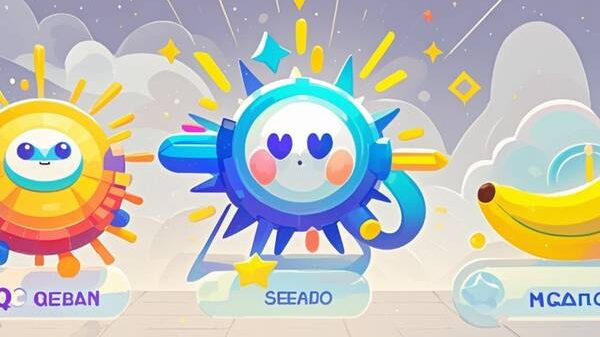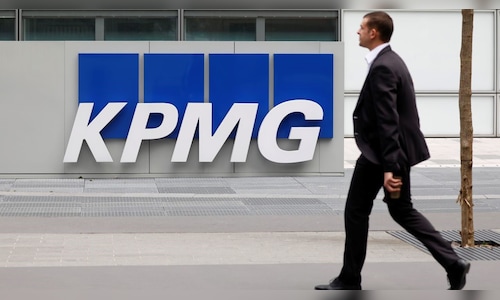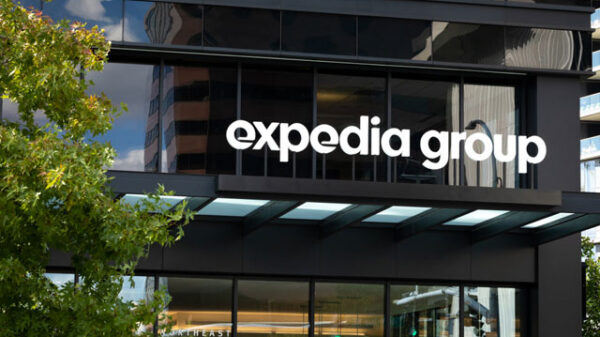Vine Returns as DiVine: The Platform That Bans AI-Generated Content
The legendary short-form video platform Vine, famous for its six-second clips that defined an era of internet humor, is being resurrected under the name DiVine. This relaunch aims to stand out in the crowded social media market with a radical proposition: completely banning artificial intelligence-generated content.
Backed by Jack Dorsey, former Twitter CEO, DiVine is betting on authenticity as its core value. The platform implements advanced verification tools that ensure every video comes directly from a real smartphone, eliminating any trace of AI-generated synthetic content.
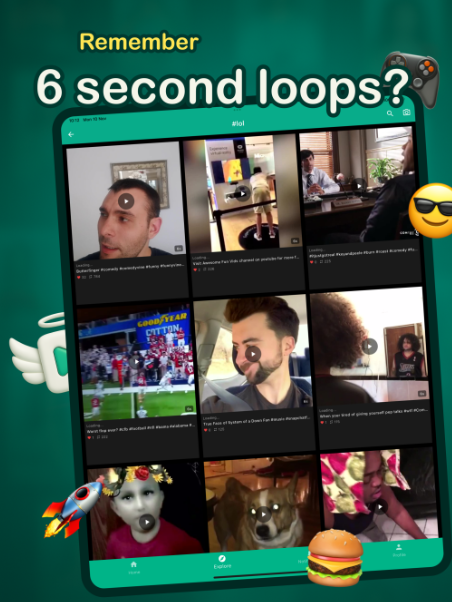
Digital Nostalgia: 100,000 Clips Restored from the Original Archive
In a move that will thrill original users, DiVine has recovered over 100,000 videos from Vine’s historical archive. Creators can reclaim their old accounts, share new content, or request removal of past clips—fostering a genuine sense of community and continuity with the platform’s storied past.
The Race to Revive a Cultural Phenomenon
The timing is particularly interesting as Elon Musk, current owner of X (formerly Twitter), has publicly teased a potential Vine revival, though no official version has materialized. This competition highlights the sustained demand for authentic, short-form content in an age increasingly dominated by algorithmic feeds and AI-generated media.
DiVine is currently available in beta for both iOS and Android users, inviting a new generation of content creators to express themselves in the format that once captivated millions and launched countless viral trends.
A Stand Against AI Saturation
As artificial intelligence becomes ubiquitous across technology and media, DiVine’s commitment to human-created content represents a bold countermovement. The platform directly addresses growing concerns about AI’s role in media while appealing to users craving genuine human connection in an increasingly automated digital landscape.
This revival may signal a broader industry trend, with platforms seeking competitive advantage by emphasizing authenticity over automation. As social media continues evolving, the tension between AI efficiency and human creativity will likely define user expectations and shape platform policies for years to come.
Whether DiVine can recapture the magic that made Vine a cultural touchstone remains to be seen, but its anti-AI stance positions it uniquely in today’s content ecosystem. The platform’s success will depend on whether audiences value authenticity enough to embrace a throwback format in an era of endless scrolling and algorithm-optimized content.
 Institute of Science Tokyo Unveils LED-Based Wireless Power System for Indoor IoT Devices
Institute of Science Tokyo Unveils LED-Based Wireless Power System for Indoor IoT Devices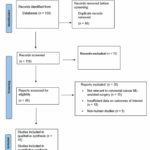 AI Enhances Colorectal Cancer Surgery Outcomes, Reveals Systematic Review Insights
AI Enhances Colorectal Cancer Surgery Outcomes, Reveals Systematic Review Insights Anthropic Announces $50B Data Center Expansion to Power Next-Gen AI Models
Anthropic Announces $50B Data Center Expansion to Power Next-Gen AI Models Cohere and OpenAI Face Major Legal Setbacks in Copyright Infringement Cases
Cohere and OpenAI Face Major Legal Setbacks in Copyright Infringement Cases
